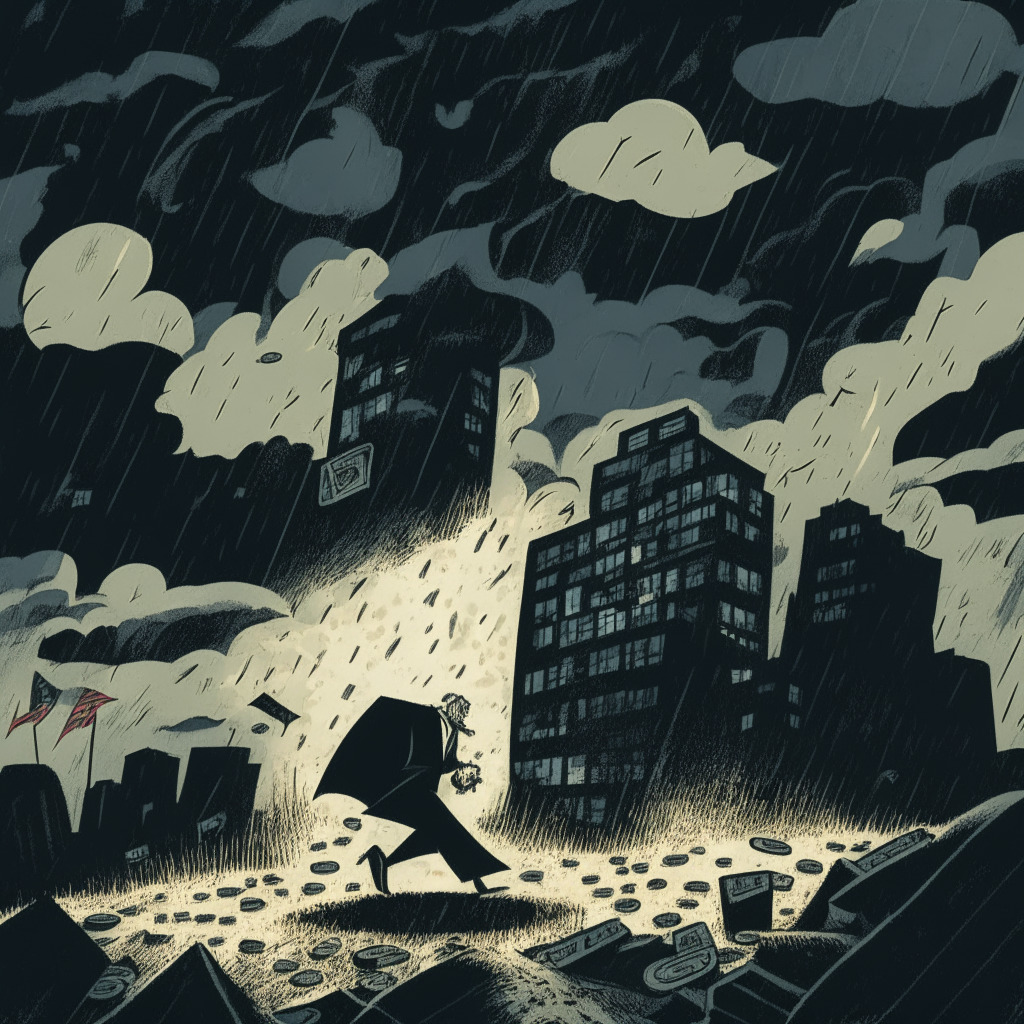In the rapidly evolving world of blockchain and cryptocurrencies, user security remains a top priority. Just like any other industry, security breaches and malicious attacks are an unfortunate reality. However, when the foundations of decentralization and trustless management are put to the test, the results can lead to remarkable outcomes.
In a recent turn of events, the attacker of the decentralized autonomous organization, Tornado Cash, has submitted a proposal to return control of the compromised organization. This unusual move has raised eyebrows and sparked a blend of skepticism and optimism among crypto enthusiasts.
Decentralized autonomous organizations (DAOs) have been praised for their drastic shift from traditional corporate structures, embracing the core principles of blockchain and decentralization. Governed by smart contracts and collective decision-making through community voting, DAOs exemplify the cybersecurity and transparency advantages of blockchain-based systems.
On one hand, the attacker’s proposal to return control shows good faith and the possibility of resolving conflicts in a decentralized manner, staying true to the underlying principles of DAOs. The ease with which power can be relinquished points to the flexibility and responsiveness of decentralized systems.
On the other hand, skeptics argue that this vulnerability exposes the fact that decentralized systems have weak spots. The attacker’s proposal to regain control raises the question of whether this gesture of goodwill would have prevailed if the attacker’s identity had remained anonymous – and whether this sort of decentralized governance essentially relies on the moral compass of individuals.
After the initial proposal submission, the members of Tornado Cash are left wondering whether such incidents can be prevented in the future and what kind of protective measures can be put in place. While DAOs are not entirely foolproof, their innovation and dedication to security should not be understated.
Supporters of blockchain and decentralization believe that the community-based approach should be leveraged to mitigate risks. Community members must remain diligent, collectively participating in identifying and addressing potential security flaws. Moreover, open-source development and peer-review mechanisms can provide valuable oversight and foster continuous improvement.
In conclusion, while the recent episode with Tornado Cash has highlighted some of the vulnerabilities associated with decentralized autonomous organizations, it also showcases their potential for resilience and adaptability. By involving all members of the community in the decision-making process and diligently maintaining the trustless relationships these systems are built upon, we can move closer to realizing the unparalleled potential of decentralization and blockchain technology.
It remains to be seen how the Tornado Cash community will react to the attacker’s proposal and whether this incident will serve as a wake-up call for other DAOs, reinforcing the importance of security and fortification against potential attacks. As the future of blockchain technology unfolds, the balance between the pros and cons of decentralized systems remains under scrutiny, and only time will tell if these novel approaches to governance can truly revolutionize how we perceive security and trust in the digital realm.
Source: Coingape




